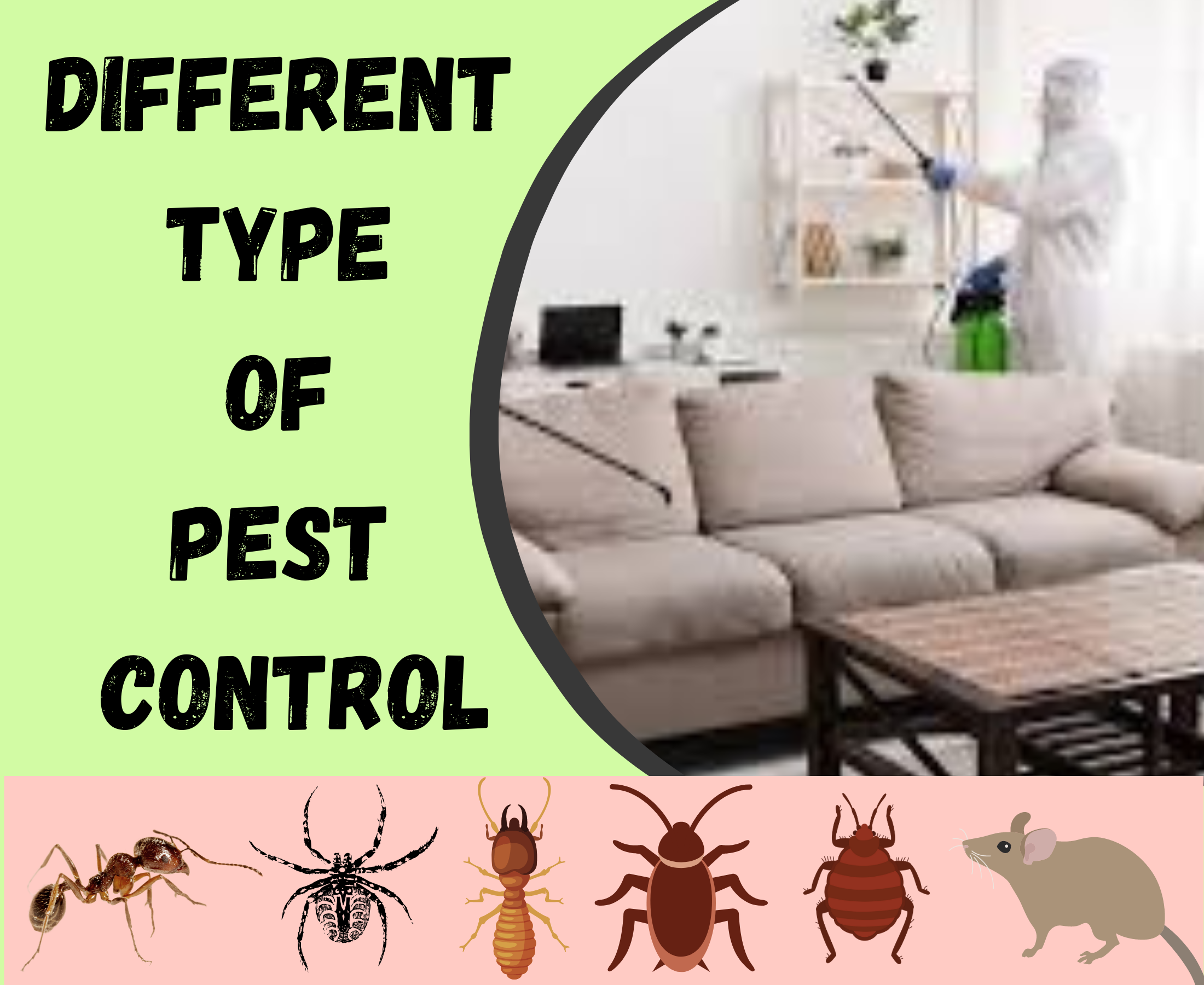The 5-Second Trick For Pest Control
The 5-Second Trick For Pest Control
Blog Article
The Pest Control Ideas
Table of ContentsPest Control - An OverviewPest Control Things To Know Before You BuySome Known Incorrect Statements About Pest Control Pest Control for DummiesThe Single Strategy To Use For Pest Control
Limitations of Chemical Monitoring Be able to analyze insect problems, figure out if monitoring is needed, and make appropriate referrals using IPM techniques. Be acquainted with different techniques of insect administration - their advantages and limitations. Understand the value of advantageous bugs. It is not possibleor also desirableto rid gardens of all insects.This chapter reviews (IPM), a strategy that utilizes understanding about pests and their, techniques, nonchemical techniques, and chemicals to manage parasite problems. Additional info regarding IPM for particular plants is consisted of in phases that focus on those plants. Parasites in a yard or landscape may include bugs and mites, weeds,, mammals, and birds.
Insects and weeds, nevertheless, play a duty in the. After planting a yard or establishing a yard, the all-natural process of plant succession begins to restore and nonnative plants.
What we call "parasites" belong to an all-natural system at job. An ecological community has no pests. Only humans consider certain varieties pests when they occur where they are not wanted. We will certainly be a lot more effective in taking care of undesirable types when we realize that these microorganisms comply with foreseeable patterns that we can use to our benefit.
The Greatest Guide To Pest Control
Insects at risk to a chemical were quickly killed, leaving resistant ones to reproduce and multiply. It came to be clear that pesticides alone would certainly not resolve all parasite problems.
An IPM strategy allows some degree of bugs in the setting. Bugs are a lot less likely to make it through a program that uses several approaches of lowering their populaces. Integrated insect administration was initial suggested by entomologists due to the fact that insects were the very first team of bugs to verify challenging to handle with chemicals alone.
A threshold is the point at which action must be taken. IPM has extended beyond insects to administration of all pest populations: weeds, condition organisms, and mammals.
The Of Pest Control
Management as opposed to elimination of pests is the goal. An IPM plan starts with a mindful evaluation of each parasite infestation. Just after that can one make a decision regarding the suitable methods required to suppress parasite tasks. The life process of the insect, possible damages, natural adversaries, and effects of weather condition, to name a few factors, are considered prior to a control plan is implemented - Pest Control.
Clover expanding in a grass may be deemed an undesirable weed, but as a vegetable it is manufacturing nitrogen for the dirt and the flowers are supplying nectar to honey and other. Tolerance for some weeds might be part of an IPM plan. might be consuming the leaves of a plant, but when they are determined as the larvae of Eastern tiger swallowtail butterflies, their damages may be endured so we can appreciate the stunning butterfly.

The second essential tool in parasite management is very early intervention. Existing and watchful in the garden makes certain early discovery. Responding to troubles swiftly, prior to they have time to multiply, calls for a less remarkable treatment. The third essential device is recordkeeping; tracking what takes place in the yard allows a garden enthusiast to recognize patterns and make notified choices.
The smart Trick of Pest Control That Nobody is Talking About
Numerous risk-free, useful, nonchemical techniques of plant security and bug monitoring might lower or remove the demand to spray. Various other techniques are most helpful click this site when made use of with pesticides. To carry out administration methods correctly and to minimize losses, gardeners need to be mindful of the kinds of bugs that attack plants and comprehend pest biology.

Carrying out a dirt test and applying just the recommended amount of plant food and lime optimizes the advantage to the plant while reducing issues connected to extreme use plant food - Pest Control. Covering the soil with a number of inches of mulch shields the plant in numerous means: minimizing dirt water loss to dissipation, minimizing weed competition, providing nutrients, and producing an appropriate setting for earthworms and microorganisms that keep the soil loose for roots and break down organic material to release nutrients
If mulch touches the trunk, it can produce a method for click site voles, germs, and fungi to attack the plant. Do not use manure or garden compost that has actually not extensively decayed as a top dressing because it can urge unwanted bugs. Research study suggests that tilling the soil is detrimental to soil framework.
The 6-Minute Rule for Pest Control
If tilling is deemed necessary, consider doing it in the autumn when the life cycles of several insects brings them near the surface area. At the surface, bugs end up being revealed to the weather condition as well as birds and various other natural opponents. Loss tilling can likewise damage pests in plant residues. Usage healthsome and insect-free licensed seeds and plants if readily available.
Report this page